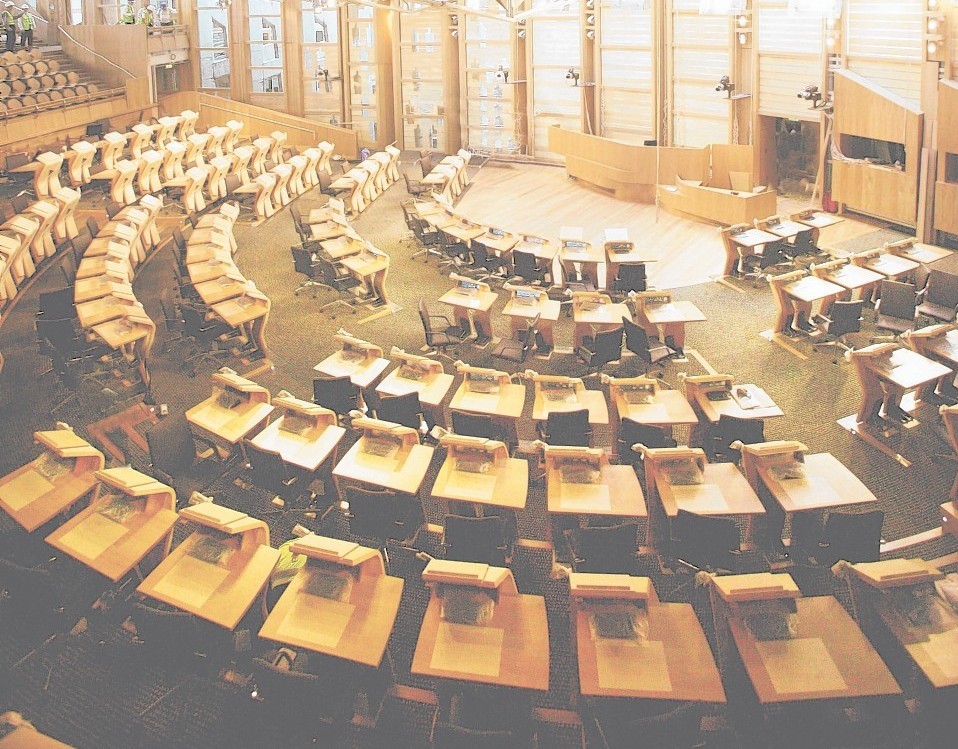Benefit “sanctions” can force people into a spiral of decline and potential destitution, according to a influential Scottish Parliament committee.
MSPs have concluded that cutting people’s benefit often gets in the way of people finding work rather than act as an incentive.
Today’s welfare reform committee report comes a week after it accused the UK Government of allowing a “Dickensian model of welfare to take root”.
The latest findings highlights a “climate of fear” around JobCentres, rather than an environment that encourages people to find a way back to work.
Committee convener, Labour MSP Michael McMahon, said members weere shocked when the head of JobCentre Plus, Neil Couling, told them people welcomed the jolt of being sanctioned.
“Our evidence says quite the opposite; being sanctioned leaves people with not enough money to make ends meet, certainly not enough to go out job hunting,” he said.
“The system is so broken that many people do not know why they have been sanctioned, which totally undermines the Department for Works and Pensions (DWP) assertion that sanctions ‘teach’ people a lesson.
“How many of us could manage if we did not get paid one week, without any notice or often explanation? This demonstrates once again the enormous gulf between reality and DWP thinking.”
The report said sanctions removing someone’s benefits must only be used as a last resort for those who consistently and deliberately refuse to engage with job seeking requirements without good reason.
Members heard evidence that people were often unaware of being sanctioned, or what actions caused the sanction.
The committee suggested written warnings before a sanction to act as a deterrent rather than a punishment and clearer initial letters laying out the process and what is required.
Mr McMahon said: “There has to be a change of approach when it comes to sanctions. It is not acceptable to punish people and push them into a cycle of decline for things often beyond their control.”
He said many claimants did not have the IT skills of access to computers demanded of them. The committee had evidences of someone losing benefit for doing a half hour more unpaid training than they were allowed.
“It cannot be acceptable to remove people’s money for such trivial matters or indeed punish people for trying to improve their job opportunities,” Mr McMahon said.
“People have to be supported by the system, not pressed down further.”
